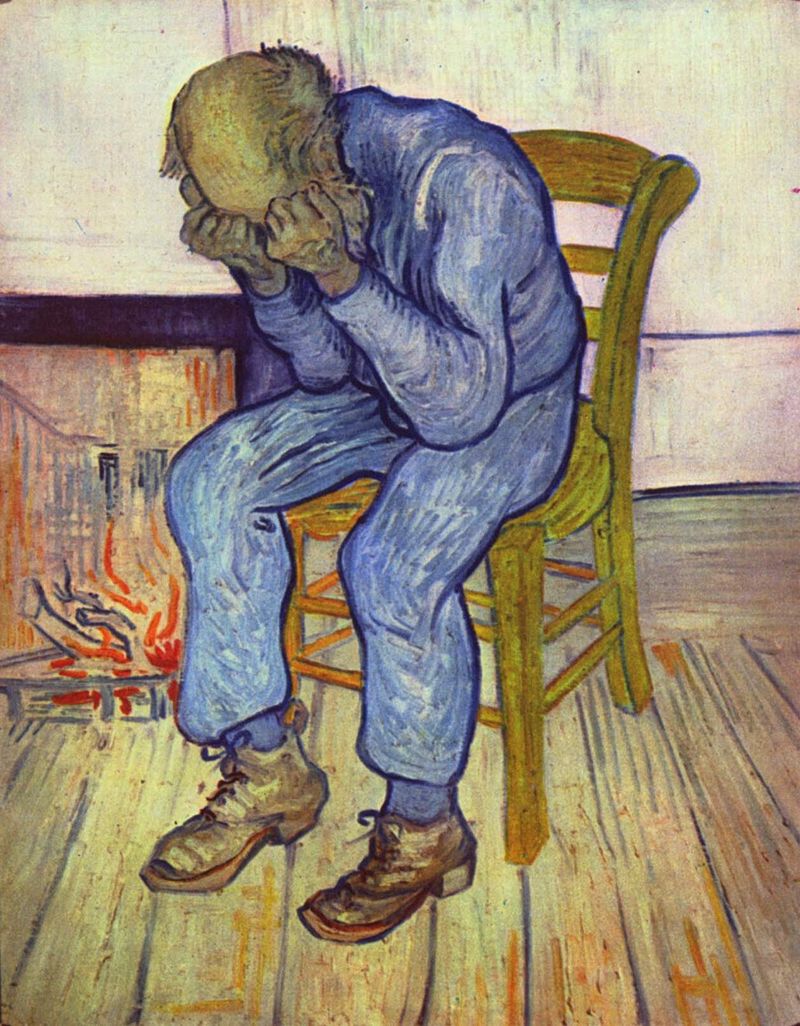Advances in the characterization of major depressive disorder and functional neuronal connectivity
A study coordinated by Gustavo Deco, director of the Center for Brain and Cognition and ICREA research professor with the Department of Information and Communication Technologies, with the participation of clinical scientists from various hospitals and research centres, published in Human Brain Mapping.
Major depressive disorder (MDD) is the most prevalent mental disorder in the world. The knowledge available to date suggests that depression involves the alteration of distributed neural networks, cortical and subcortical anatomical structures of the brain. A study coordinated by Gustavo Deco, director of the Center for Brain and Cognition and ICREA research professor with the Department of Information and Communication Technologies (DTIC) has researched the global and local brain connectivity of patients with major depression and has identified changes in the patterns of brain activity in resting state that help to better characterize the disorder.
As Deco states, “the dynamics of resting state strictly reflect brain activity due solely to its intrinsic properties (neuroanatomical structure, spontaneous local dynamics of the brain areas, fluctuations, delays) and, therefore, is not contaminated by the imperatives of a task or an external stimulation”.
Study of changes in functional connectivity in patients with depression
The relevance of the default mode network (DMN) to self-referential thoughts and ruminations has made the authors consider the use of the resting-state approach particularly important for major depressive disorder (MDD). The research involved the study of 27 patients diagnosed with MDD from Bellvitge University Hospital and 27 healthy subjects who served as a control.
For this study, and for the study of mental disorders in general, data from functional magnetic resonance imaging (fMRI) of the brain in resting state (RS) with which neuronal connectivity is studied are most useful. Using this technique, the researchers obtained time series of cerebral oxygen consumption at global and local level through functional magnetic resonance imaging (BOLD fMRI) to identify variations in functional connectivity in both groups of study subjects. The analysis of dynamic functional connectivity has revealed that patients with depression have significantly increased stability and synchronization over normal brain activity patterns, similar patterns to reflective and thought states.
Recent studies indicated that in major depressive disorder (MDD) this connectivity is abnormal in various regions of the brain, especially in the default mode network (DMN,). The default mode network is a neural network in which different anatomical locations of the brain are involved: the temporal, prefrontal and parietal regions, all of them related with episodic memory, and whose activity is highly correlated with each other and different from other brain neural networks. This network is activated, preferably, when the subject is not involved in any specific task, that is to say, in states of brain rest, in wakefulness, in deliberative processes, when you think about others, yourself, about the past or when you plan the future.
The results of the study have shown that, with regard to functional neuronal connectivity, patients with major depression show an increase in overall connectivity and a decrease in specific connections of the brain.
A study coordinated by Gustavo Deco, co-authored by Murat Demirtas and Cristian Tornador, researchers from the research group in Computational Neuroscience (CNS) at UPF, together with a wide range of researchers: BarcelonaBeta Research Center (FPM), Hospital del Mar, Carlos III Health Institute, Bellvitge University Hospital, Hospital Parc Taulí, Department of Psychiatry and Legal Medicine of the UAB, the Department of Psychobiology and Methodology of Health Sciences of the UAB, the Department of Clinical Sciences of the UB, the Department of Psychology and Neuroscience at the University of Colorado (USA), Cognitive and Brain Sciences of the Max Planck Institute (Leipzig, Germany) and of the Department of Neurology of the Charité in Berlin (Germany).
Reference work:
Murat Demirtaş, Cristian Tornador, Carles Falcón, Marina López-Solà, Rosa Hernández-Ribas, Jesús Pujol, José M. Menchón, Petra Ritter, Narcis Cardoner, Carles Soriano-Mas, Gustavo Deco, (2016), “Dynamic functional connectivity reveals altered variability in functional connectivity among patients with major depressive disorder”, 28 April, Human Brain Mapping, DOI: 10.1002/hbm.23215.



